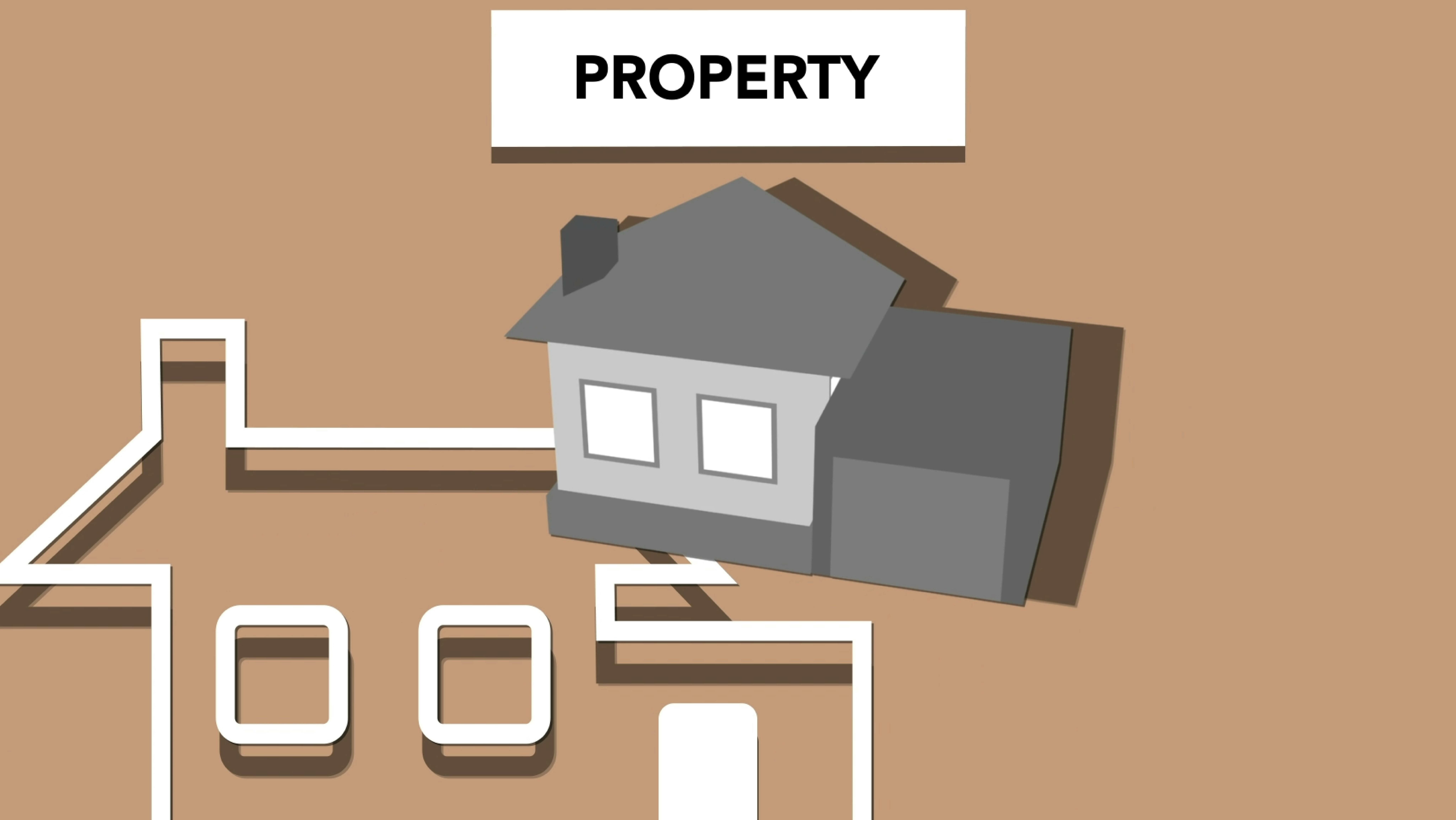The Credit Score Hustle: How to Pump Up Your Numbers Before Mortgage Shopping
Let’s be real—nothing kills the excitement of house hunting faster than realizing your credit score isn’t quite ready for prime time. That three-digit number might feel like a stubborn teenager refusing to cooperate, but with the right moves, you can coach it into shape before meeting with lenders. Whether you’ve got six months or six weeks, these strategies will help you polish your credit report like it’s your resume for Dream Home University.

First, Play Detective With Your Credit Report
Before you can fix anything, you need to know what’s dragging your score down. Pull your free reports from AnnualCreditReport.com (yes, all three bureaus—they’re like siblings who don’t always agree). Scan for errors like a hawk: that 50 medical bill from 2018, that somehow became a 500 collection? Dispute it. A credit card you never opened? Red flag alert. Fixing mistakes can sometimes boost your score faster than you can say “escrow.” While you’re at it, note your current utilization ratio (that’s fancy talk for how much credit you’re using versus what you have available). Ideally, you want this below 30%, but under 10% makes lenders swoon.
The Credit Card Tango: Balance Ballet
Here’s a little-known secret: your credit score cares more about reported balances than your actual due date. Even if you pay cards in full monthly, high balances when statements cut can hurt you. The fix? Make mid-cycle payments to lower what gets reported, or ask for credit limit increases (without spending more!). If you’ve got cards gathering dust, don’t close them—older accounts help your credit history length, which is like tenure at your financial job.
Debt: The Silent Score Killer
That lingering car loan or student debt isn’t just a monthly annoyance—it affects your debt-to-income ratio (DTI), which lenders scrutinize almost as much as your credit score. While you can’t magically erase debt, you can strategically pay down high-interest balances first. If you’ve got collections accounts, some lenders will overlook paid collections, so negotiating pay-for-delete agreements might be worth it. Just get any promises in writing before sending cash—this isn’t the time for handshake deals.
The Mortgage Countdown: What Not to Do
In the months before applying, avoid financial plot twists. No new credit cards (even if the cashback offer is tempting), no cosigning loans (your cousin’s car note can wait), and definitely no furniture store financing—that “no interest for 12 months” deal will show up as a hard inquiry and new debt. Keep existing accounts active with small charges paid off immediately; inactive accounts can get closed by issuers, shortening your credit history.
When Time Is Short: The Emergency Credit Glow-Up
If your closing date is looming and you need a quick boost, focus on rapid rescoring. Some mortgage lenders offer this service (for a fee) to fast-track error corrections or balance updates. Becoming an authorized user on a family member’s pristine credit card can help, provided they have perfect payment history and low utilization. Credit builder loans from community banks or apps like Self can also demonstrate positive payment history, though these work best with more lead time.
The Mindset Shift: This Isn’t Forever
Remember, you’re not trying to achieve an 850 credit score—just whatever gets you the best mortgage rate (usually 740+). Once you’ve got those keys, keep the good habits going. Automatic payments prevent late slips, and keeping old accounts open maintains your credit age. Think of this process as financial training wheels; soon enough, you’ll be riding high in your new home, wondering why you ever stressed over FICO math. Now go check that credit report—your future front porch awaits.







